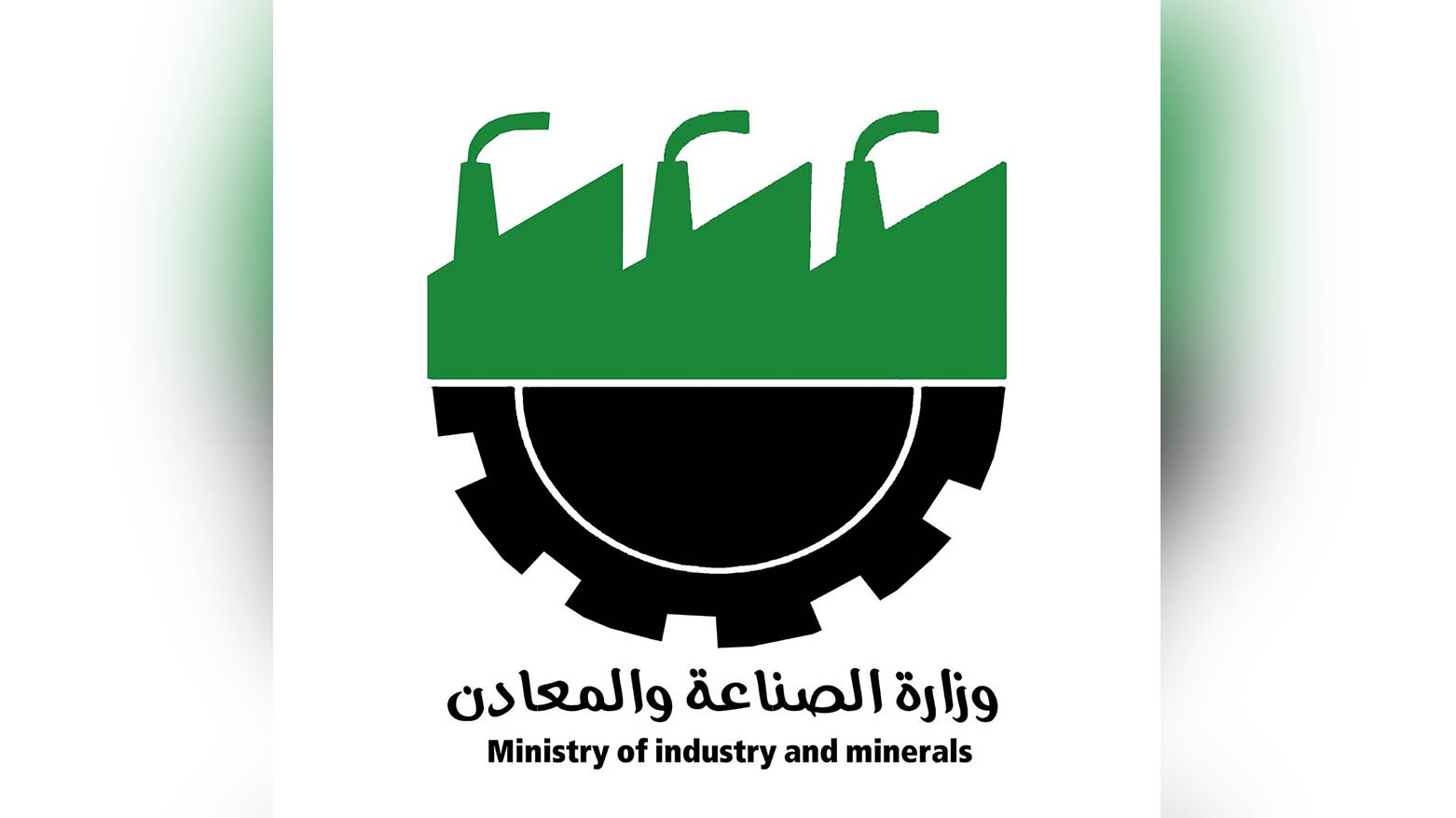Iraq announces self-sufficiency in various food and industrial production sectors

ERBIL (Kurdistan 24) – The Iraqi Ministry of Industry and Minerals said it has reached total autonomy from its reliance on exports for various types of products, ranging from dairy products to cement.
On Oct. 28, Zuha Juburi, spokesperson for the Iraqi Ministry of Industry and Minerals, told the Iraqi News Agency that the country no longer relies on imports of various products, including dairy, juices, soft drinks, sugar, mineral water, cement, industrial salt, table salt, canned aluminum containers, and some veterinary vaccines.
Juburi reiterated that the production of these items is only enough to meet the needs of the domestic market so far, and has not exported any existing surplus.
The ministry also stressed the need to comply with quality assurance principles and international standards in the production of these products to improve the quality of their products and compete with imported products.
The Iraqi government has been known to institute protectionist measures and ban certain imports to support its domestic companies. The country banned the import of eggs, frozen fish, oranges, tomatoes and cucumbers, with many of the food products coming from neighboring Turkey.
Iraq is a net food import country that heavily relies on other countries to feed its population. The country exclusively exports its wheat, a problematic situation that has been exacerbated by the Russo-Ukrainian War, involving two countries that provide more than a quarter of the global wheat supply, according to a Dec. 2022 United Nations report.
Complicating Iraq’s economic uncertainty is its overreliance on petroleum, which reportedly makes up 97% of the country’s exports. The country ultimately lacks any reliable export sector for its manufacturing industry.
